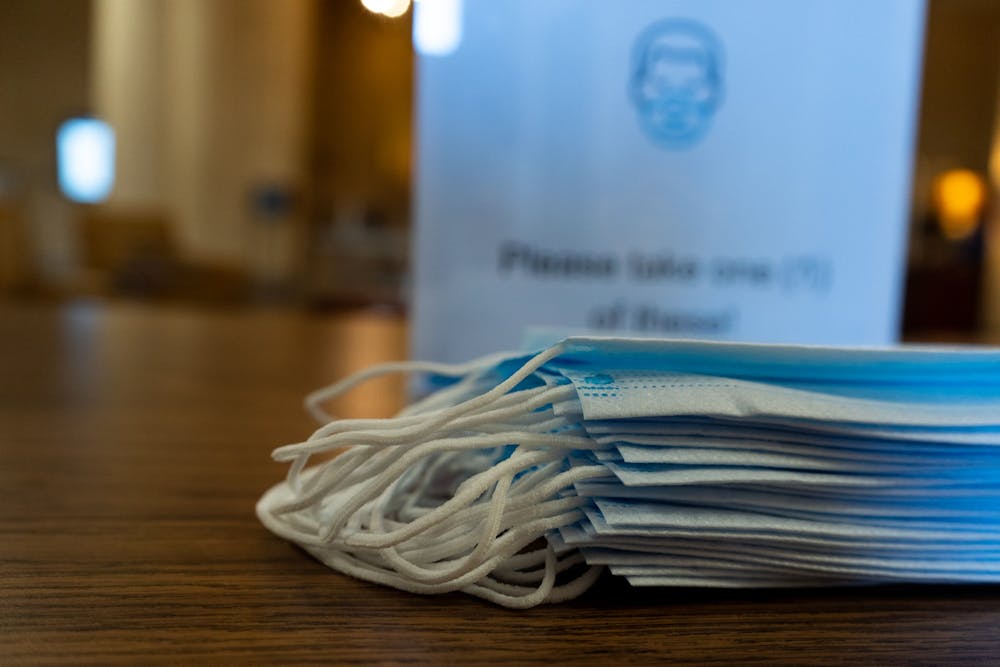Following the dropped mandate, Orange County Schools announced that masks would be optional in OCS schools, and that temperature checks and screening questions would no longer be required.
OCS will provide at-home COVID-19 testing kits for students and families over winter break in order to prepare them for the return to school in January, according to the district's website. The district is also holding a booster clinic for students, staff and family members on Dec. 9.
Chapel Hill-Carrboro City Schools is a “mask-recommended but optional” district and no longer uses universal contact tracing, according to its website.
Andy Jenks, chief communications officer for CHCCS, said the district wants students and adults to feel comfortable and supported in the choice that is best for them when it comes to wearing a mask.
Jenks said the pandemic highlighted innovation and thoughtfulness in public education. It is important to take lessons from the pandemic as schools adjust to a “new normal," he said.
“While we are glad to be in the situation that we're in, and it's a very joyful time to be in schools, we also need to constantly be looking forward and drawing on lessons from the pandemic so that we're providing the best possible learning environment for our students,” Jenks said.
In June, the CDC recommended children 6 months and older receive a COVID-19 vaccine. The organization approved the use of the updated bivalent boosters for children 12 and older in September and children from ages 5 to 11 were included in October.
Residents who want to get vaccinated can book an appointment at the Chapel Hill vaccine clinic, or visit Hillsborough’s walk-in clinic. Both of these clinics are free and do not require proof of ID or insurance.
Throughout the year, North Carolina has also seen a decrease in the number of patients hospitalized for COVID-19.
Of the week ending on Jan. 1, the daily average of hospitalized patients was 2,244 people. Peak hospitalization occurred at the end of January, with a daily average of 5,049 people hospitalized. By the week ending in Nov. 19, that number dropped to 569.
UNC Health Care also has a COVID-19 symptom checker that helps people determine whether or not someone is in need of medical follow-up, and offers virtual urgent care consultation through its UNC Urgent Care 24/7 service for non-emergency medical issues, including COVID-19.
As the pandemic continues, those who had COVID-19 may experience long-term effects of the virus, also known as long COVID. In September, the CDC updated its recommendations for those experiencing post-COVID-19 conditions, including coping strategies and stress management.
To get the day's news and headlines in your inbox each morning, sign up for our email newsletters.
@madelynvanmeter
@DTHCityState | city@dailytarheel.com




